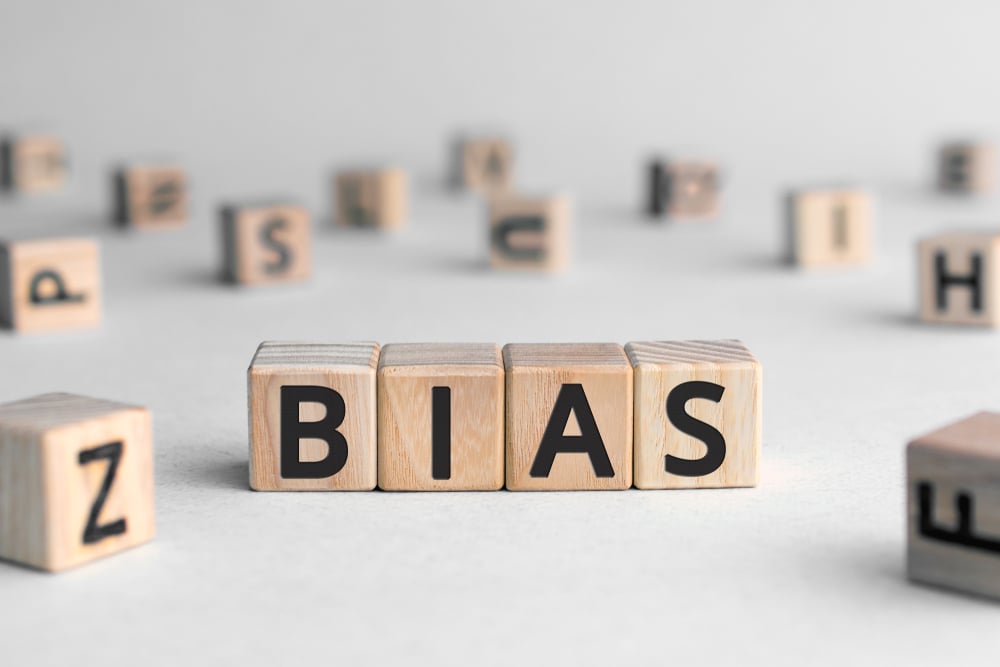State ethics officials may draft new version of lawyer-bias ban after dropping appeal of adverse ruling

Image from Shutterstock.com.
Pennsylvania ethics officials have withdrawn a federal appeal that sought to reinstate an ethics rule banning lawyers from knowingly manifesting bias or engaging in discrimination in the practice of law.
The disciplinary board of the Pennsylvania Supreme Court and the Office of Disciplinary Counsel on Tuesday dropped their pending appeal before the 3rd U.S. Circuit Court of Appeals at Philadelphia, report Law360 and Reuters Legal.
But bar leaders hope that a different bias ban can be enacted that will be able to pass First Amendment muster, according to a different Law360 story.
U.S. District Judge Chad Kenney of the Eastern District of Pennsylvania had blocked the ethics rule in December in a suit filed by Philadelphia lawyer Zachary Greenberg. Greenberg had argued that the ethics rule would chill his speech as a lawyer for a foundation defending the free speech rights of students. Kenney had ruled that the ethics rule was likely unconstitutional because it discriminated based on viewpoint.
The Pennsylvania ethics rule was a variation of an ABA model ethics rule adopted in 2016. The Pennsylvania version bans “words or conduct” that knowingly manifest bias or prejudice, while the ABA version of the rule bans “conduct” that the lawyer knows or reasonably should know is harassment or discrimination, according to Law360.
Kenney had ruled that the ban on words manifesting bias or prejudice “will hang over Pennsylvania attorneys like the sword of Damocles. This language will continuously threaten the speaker to self-censor and constantly mind what the speaker says and how the speaker says it.”
The full version of the Pennsylvania rule reads: “It is professional misconduct for a lawyer to … in the practice of law, by words or conduct, knowingly manifest bias or prejudice, or engage in harassment or discrimination, as those terms are defined in applicable federal, state or local statutes or ordinances, including but not limited to bias, prejudice, harassment or discrimination based upon race, sex, gender identity or expression, religion, national origin, ethnicity, disability, age, sexual orientation, marital status or socioeconomic status. This paragraph does not limit the ability of a lawyer to accept, decline or withdraw from a representation in accordance with Rule 1.16. This paragraph does not preclude advice or advocacy consistent with these rules.”
Pennsylvania Bar Association President David Schwage told Law360 that the bar is disappointed that the rule change has been stalled.
“We support any future efforts by the disciplinary board to expand the misconduct rule to root out acts of bias, prejudice, harassment and discrimination within the legal profession,” he said.
Adam Schulman is a lawyer with the Hamilton Lincoln Law Institute who represented Greenberg. He told Law360 that counsel for the disciplinary board had spoken with him the week before they dismissed the appeal about possible changes to the rule’s language that he and his client might find acceptable.
Schulman didn’t give details of the conversation but told Law360: “I can imagine a rule that narrowly prohibits discrimination in a pending matter or that interferes with the fair administration of justice, but that’s still compatible with the First Amendment.”



